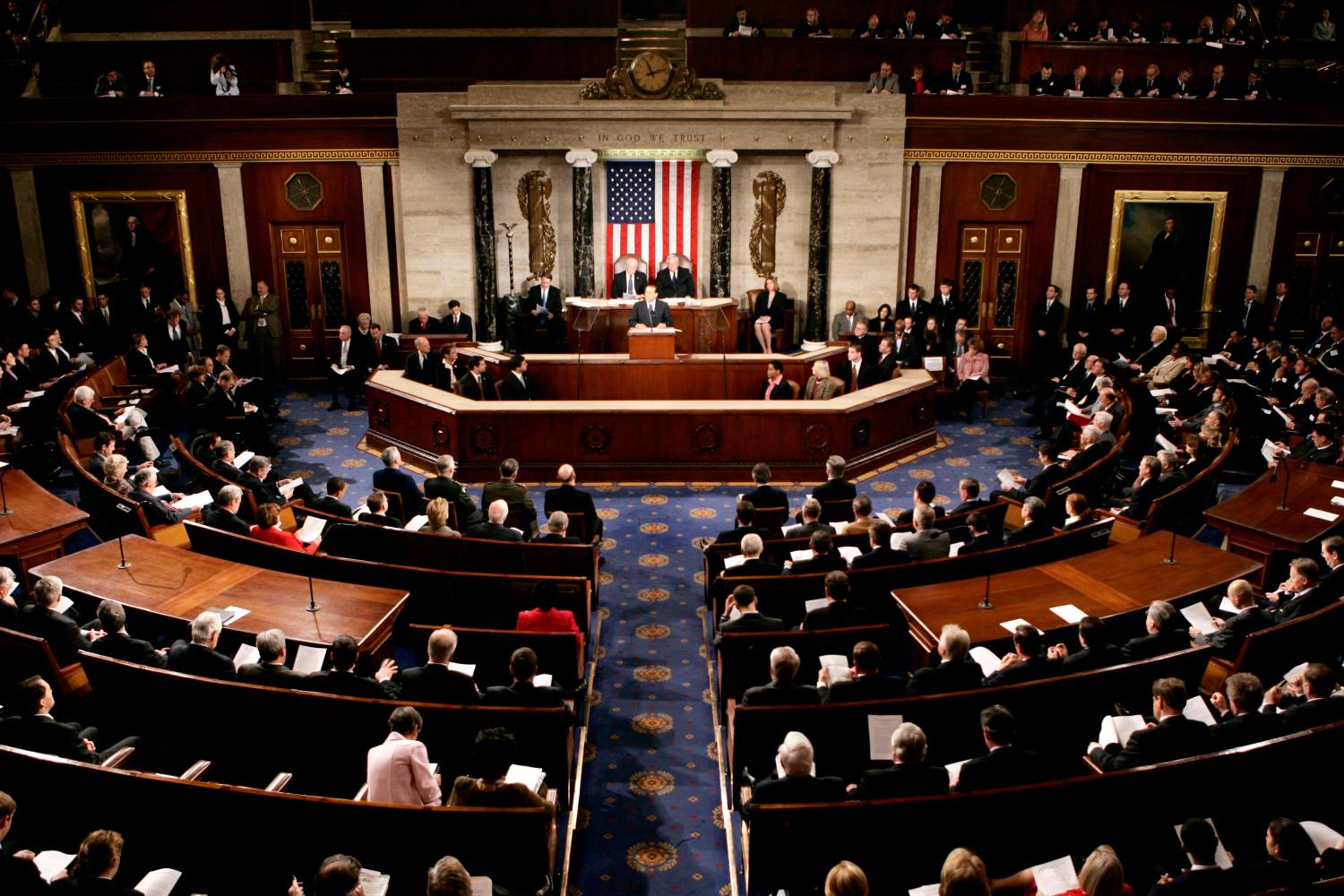A central function of the United States Congress is oversight of the executive branch. Congressional oversight, as exercised from the beginning of the nation, is an essential tool in making the separation of powers real by empowering Congress to check the executive. In recent years, however, as polarization has reached paralyzing levels, Congress has largely gotten out of the business of routine and prospective “police-patrol” oversight. In the absence of the will and the capacity to do prospective oversight, Congress is at risk of losing its power to the executive branch and thus failing one of its most important constitutional roles.
This paper assesses whether or not anything can be done to get Congress back into the oversight business. Specifically, author Elaine Kamarck examines the following question: Assuming that future Congresses develop the political will to conduct oversight, do they have the capacity to do oversight of a large, modern, and complex executive branch?
As Kamarck illustrates, mismatched resources may make it difficult for Congress to resume its oversight function. The modern federal government is a complex and enormous enterprise. But as the executive branch has grown considerably over the past decades, Congress has adopted budget cuts that make the legislative branch less and less capable of undertaking the kinds of systemic oversight that can solve or prevent problems. Congress employs a mere 17,272 professional staff to oversee an executive branch consisting of 4.2 million civil servants and uniformed military.
“The existing infrastructure that is supposed to help Congress be on top of the executive branch has fallen prey to a mindless dumbing down of Congress,” Kamarck states. She details the five entities that are meant to support Congress in its oversight role: committee staff, the Congressional Research Service, the Government Accountability Office, the Congressional Budget Office, and the Inspectors General, all of which are understaffed and under-budgeted. Kamarck recommends the first thing Congress should do to fix its oversight problem is to properly staff the agencies it already has and to stop nickel and diming and degrading its own capacity.
Furthermore, Kamarck calls for a “Congressional Oversight Office,” a body charged with evaluating governmental performance before a crisis arises. This office should be staffed by implementation professionals who can gather the signals from all the other oversight organizations annually and in sync with the budget cycle.
“Congress needs to get back into the business of productive executive branch oversight,” concludes Kamarck. A Congressional Oversight Office is certainly a step in that direction.




